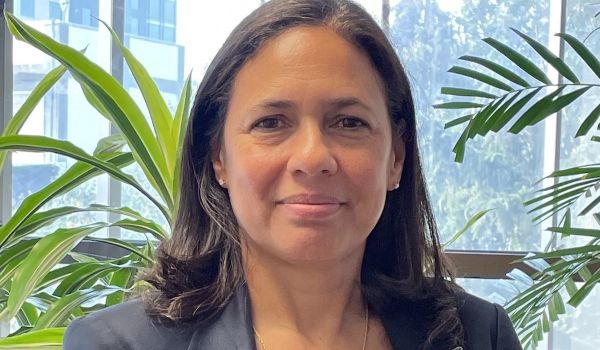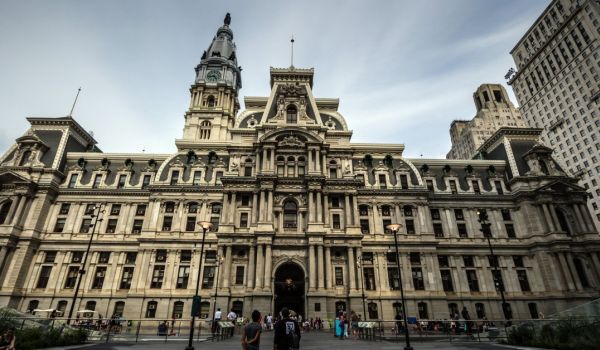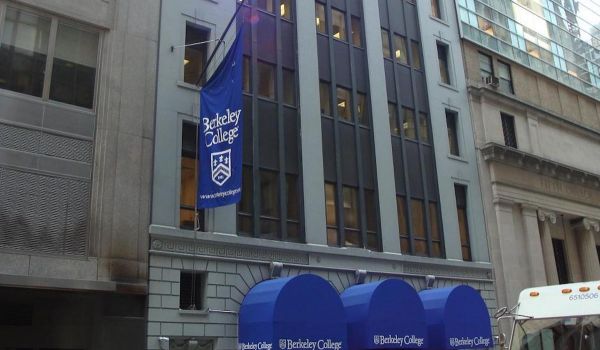If Pennsylvania is serious about tackling climate change, efforts to end our reliance on fossil fuels can’t stop at coal plants and fracked gas pipelines. These efforts must extend to the way we run our apartment buildings, our college dormitories and our homes.
Philadelphia and local governments across the Commonwealth have an opportunity to foster safer, more affordable property development while transitioning away from fossil fuels. Building electrification presents a bright spot of hope amidst a thick cloud of fossil fuel-related consequences. The time is now for Philadelphia leaders to create incentives for all-electric building development.
Building electrification represents a concerted effort to move away from fossil fuels like gas when renovating or constructing buildings. Instead of gas hookups, buildings would use electricity for functions like heating, hot water, cooking and laundry.
The benefits of building electrification are well established.
For developers, it reduces costs by eliminating the need for gas lines and permits, given that electricity is already being installed. For residents, it also saves money through lower energy bills. What’s more, it’s safer and healthier. Gas used for cooking and heating homes produces harmful compounds such as carbon dioxide, carbon monoxide, sulfur dioxide, nitrogen oxides and methane. A recent Harvard study confirmed fossil gas used in homes contains volatile organic chemicals that, when leaked, are known to be toxic.
Those chemicals also are major contributors to climate change. Building electrification offers an opportunity to realize benefits while making meaningful progress on curbing emissions now and in the future. Researchers in Oregon found that switching to zero-emissions residential heating and cooling will halve climate pollution by 2035 and drive $1.1 billion in savings for the residential and commercial sector through 2050. Those savings don’t even account for the improved health of residents that would come from less exposure to the harmful compounds in their homes.
Many local governments are already taking action. To date, nearly 80 cities in 11 states have some kind of zero-emission building ordinances on the books. Unfortunately, many overreaching state governments are actively working to undermine local governments’ ability to enact these codes for the communities they represent. This includes Republican lawmakers in Harrisburg, who have worked in lock-step with the fossil fuel lobby to advance legislation barring PA municipalities from taking any steps to limit gas hookups in buildings or offer incentives to make buildings cleaner or more efficient..
Here in Philadelphia, there’s an opportunity to use a proven development incentive to foster building electrification without forcing it on developers – the tax abatement program.
City Council could amend the current 10-year tax abatement to require building electrification to qualify. That would incentivize developers and residents to make the switch while advancing the city’s stated commitment to tackling climate change.
It’s a market-driven solution that drives meaningful results in helping our city and our society move away from fossil fuels.
With the Supreme Court restricting federal environmental protection efforts and the threat of climate change growing every day, we need to take every action available to us at the local level. Our kitchens and our living rooms cannot be ground zero in fighting the worst effects of fossil fuel production. Philadelphia City Council should look to use proven incentives to support building electrification, and we need to elect leaders who will allow local governments to do what is best for their communities and the future of our planet.
Joseph Otis Minott is the executive director and chief counsel of Clean Air Council in Philadelphia.















